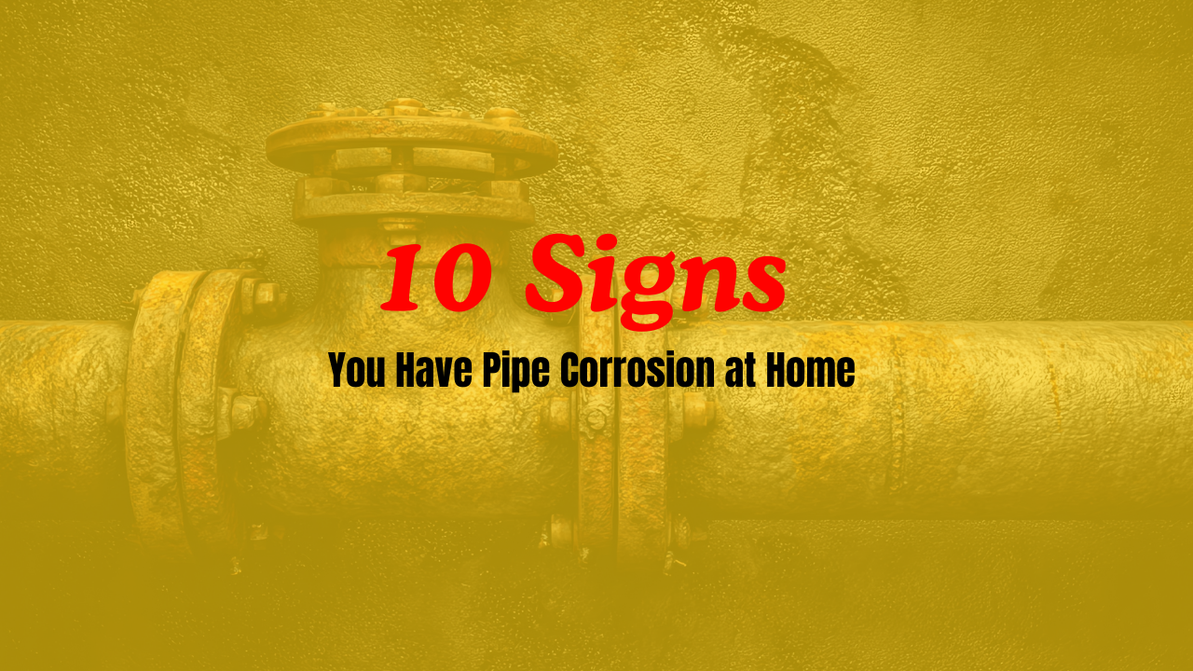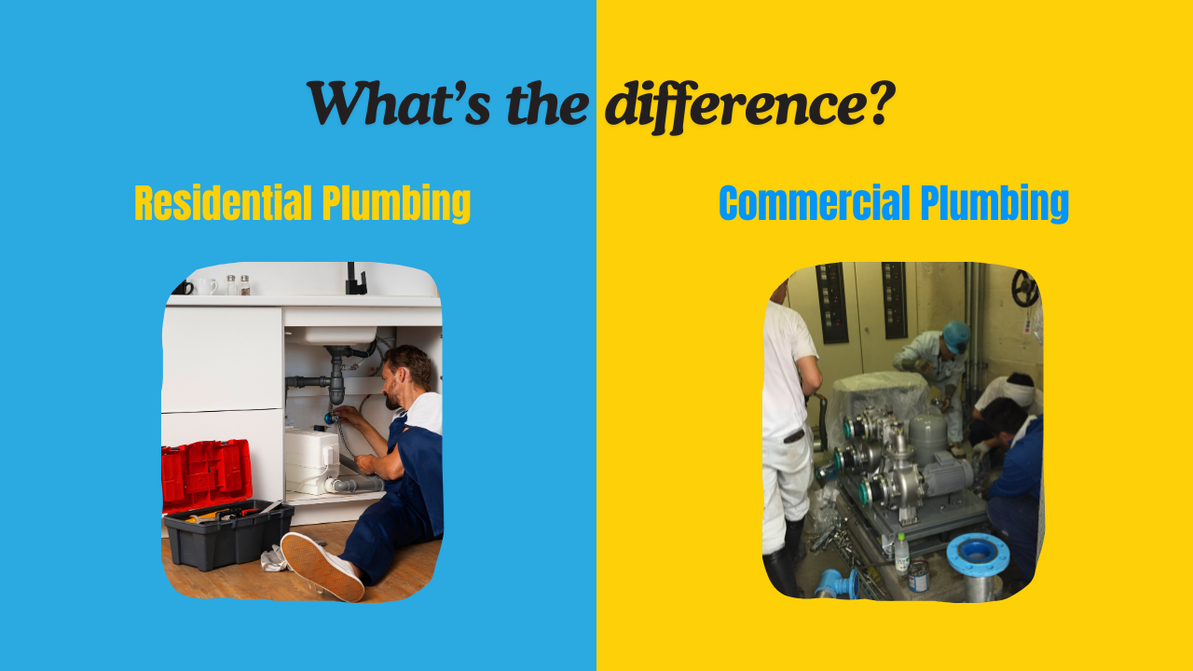Money-Saving Tips When Using Commercial Water Heaters
Providing reliable hot water to a commercial property will cost money no matter what, but there are some ways you can save money when using commercial water heaters. Think about the age of your heater, as well as its size and fuel type, as you decide whether to upgrade. Regardless of the type of water heater your commercial property uses, try these tips to reduce the stress on your budget.
Insulate Your Tank
If you have a classic tank-style commercial water heater, you can reduce heat loss by wrapping insulation around the tank. The less heat the tank loses while storing hot water, the less often the heating element will have to turn on.
Pro Tip:
Don’t end your insulation with the tank itself! Add insulation material to the first six feet of the hot and cold water pipes attached to the tank as well for optimal results.
Run the Heater on a Timer
Instead of leaving your water heater on all night or during other low-demand times, connect it to a timer to shut it off at a designated time. Not only does shutting the heater off at night save money and energy, but it can also extend the overall lifespan of the unit.
Use Cold Water When You Can
Does your commercial property really need to use hot water for all of its functions? Warm or cold water often does the trick just as well as hot water in a variety of applications.
Reduce the use of hot water whenever you reasonably can. For example, if you manage an apartment complex with laundry facilities, encourage tenants to wash their clothes in cold or warm water.
Lower the Thermostat
Look at the thermostat on your water heater; many manufacturers set the temperature at 140 degrees Fahrenheit. Turning it down a few degrees will save you money on your energy bill without creating a noticeable difference in comfort. Set the thermostat to 120 degrees Fahrenheit instead, and those who use hot water are unlikely to feel an obvious difference.
Consider Going Tankless
Many commercial properties save money and energy by replacing their tank-type heaters with one or more tankless water heaters. Tankless heaters provide hot water on demand instead of holding a supply of heated water in a tank, so they naturally use less energy.
Plus, they can be installed in a variety of applications. For example, if you operate a gym, installing one tankless heater by the locker rooms and one by the hot tub can provide quick hot water on demand to both locations.
If you operate a commercial property and want to reduce your energy usage, try these money-saving tips with your commercial water heater. Prevent heat loss as much as you can, and reduce the amount of hot water you and others in your building use every day.
Recent Posts
-
What Causes Pipe Corrosion?
Pipe corrosion occurs when metal reacts with water, oxygen, and minerals over time. Factors that spe …Feb 2nd 2026 -
Commercial vs. Residential Plumbing: 15 Key Differences You Need to Know
Plumbing might seem straightforward at first glance, but residential and commercial systems are fund …Feb 2nd 2026 -
What Is a Circulator Pump and How Does It Work?
Water needs to keep moving efficiently in plumbing and HVAC systems, and that’s where a circulator p …Feb 2nd 2026





